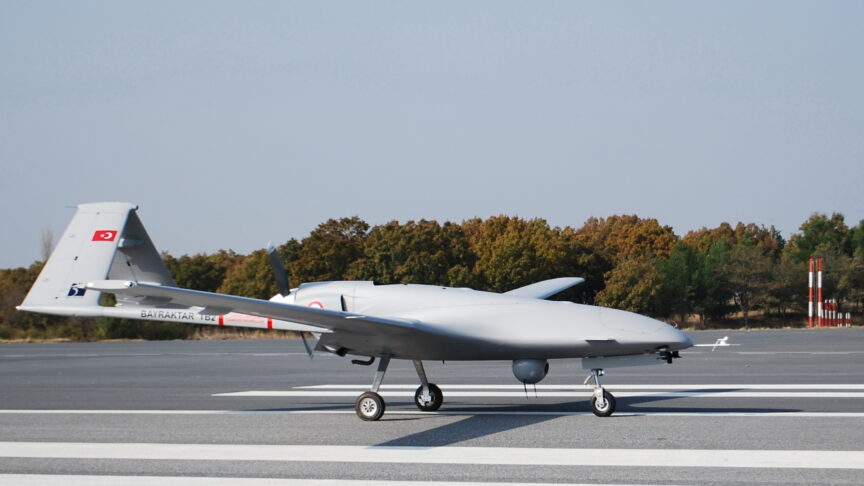
Turkey’s drone diplomacy: Lessons for Europe
Turkey has shown how drones can be a powerful foreign policy asset. The EU and its member states should work with the country to lead the development and regulation of this technology.

Turkey has shown how drones can be a powerful foreign policy asset. The EU and its member states should work with the country to lead the development and regulation of this technology.
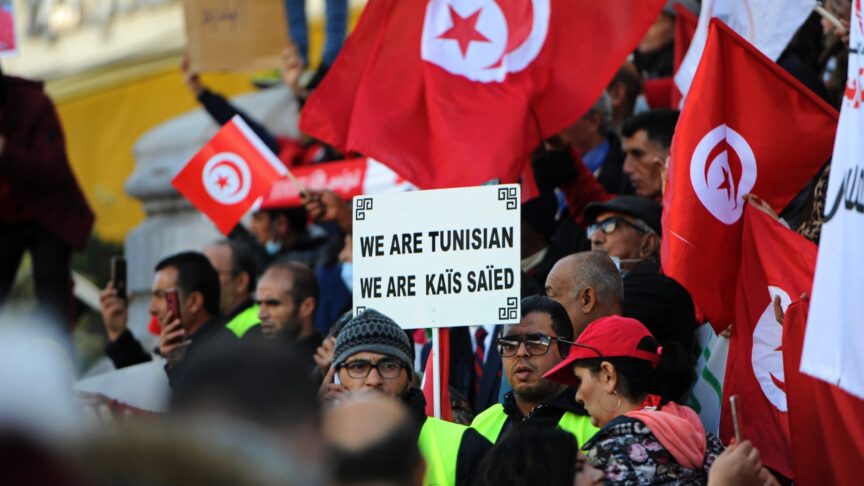
Tunisia’s international partners have responded too leniently to its president’s announced programme of constitutional reform. They risk allowing him to remain over-powerful for years to come.
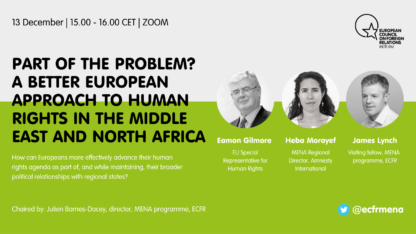
How can Europeans more effectively advance their human rights agenda as part of, and while maintaining, their broader relationships with regional states?
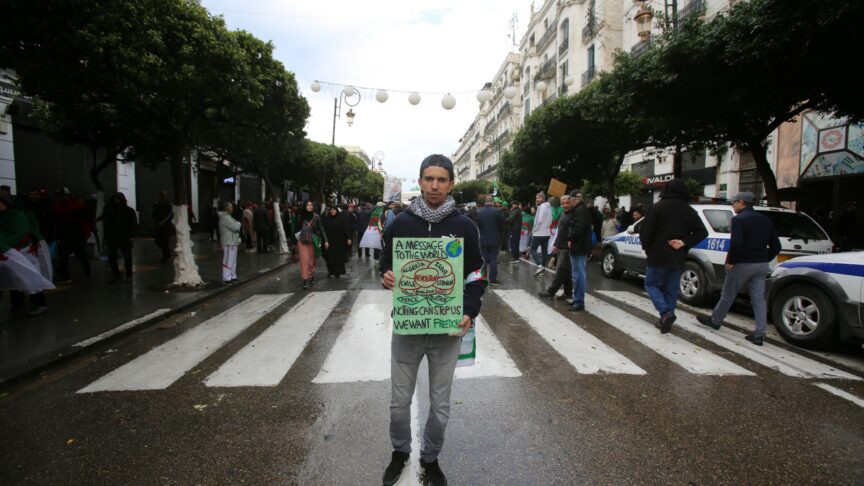
European states face accusations of neglecting the matter of human rights in their southern neighbourhood, and even of being complicit. Yet they are failing to maximise the influence they could bring to bear.
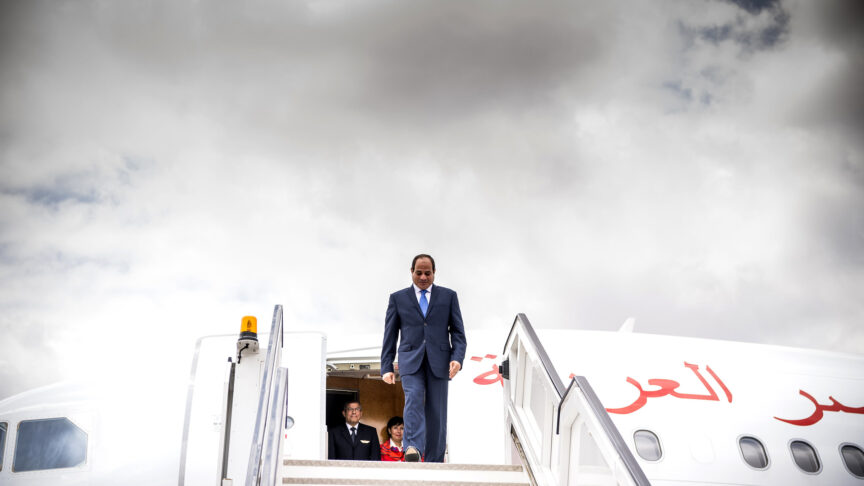
The Egyptian regime has become somewhat more open to discussing matters such as human rights than Western capitals sometimes assume
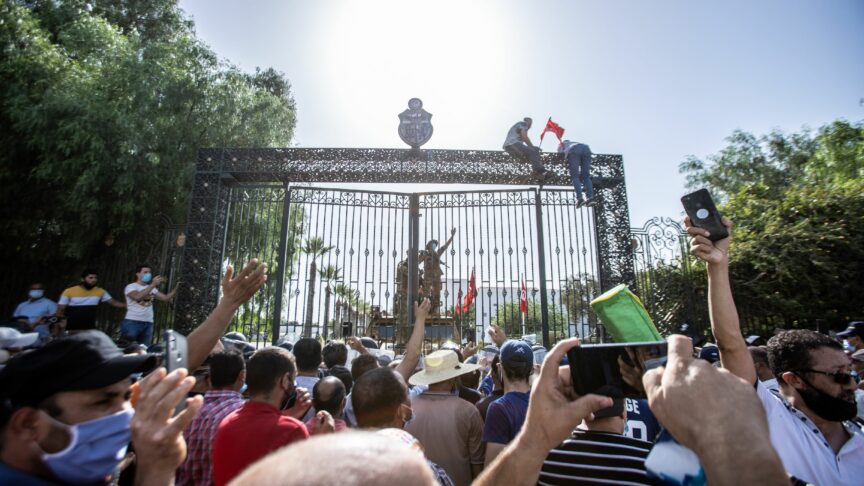
Europeans cannot stand apart from the chaos in Tunisia – indeed, active European involvement now can help restore stability to the country
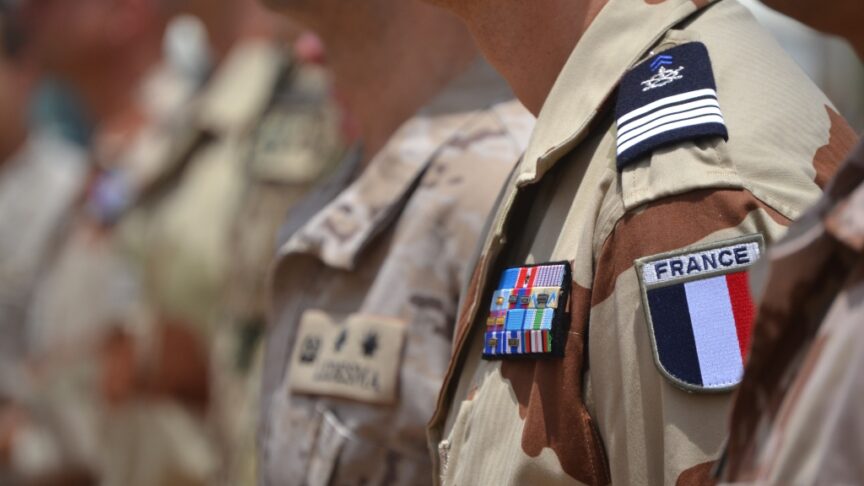
What does the end of Operation Barkhane in its current form mean for the Sahel?

Emmanuel Macron took allies by surprise when he announced the end of Operation Barkhane. But his new plans do not appear to offer the change of tack the Sahel needs.
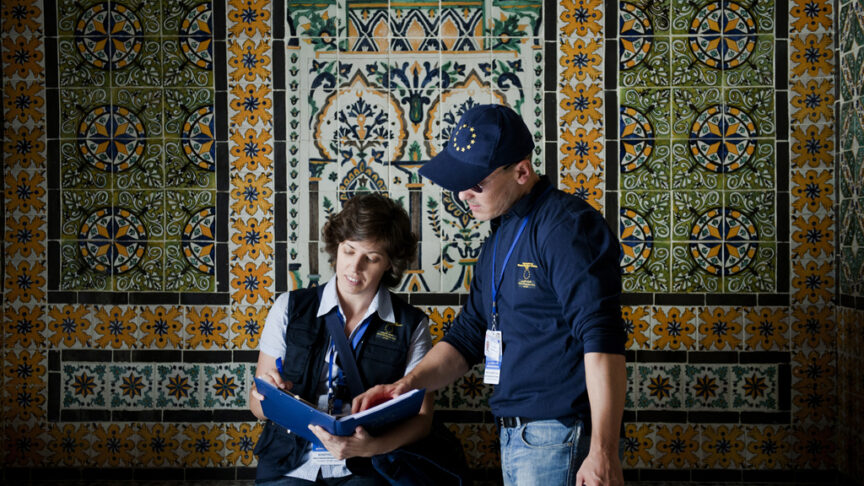
The EU and its member states can assist Tunisian leaders by providing new investment – and thereby reboot the democratic transition
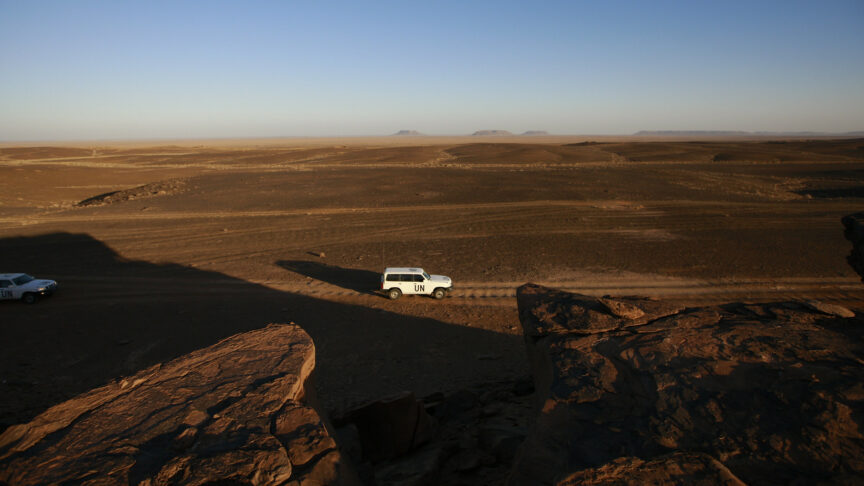
The UN should pursue a “free association” option for Western Sahara – a third way that offers a realistic means of fulfilling Sahrawi self-determination